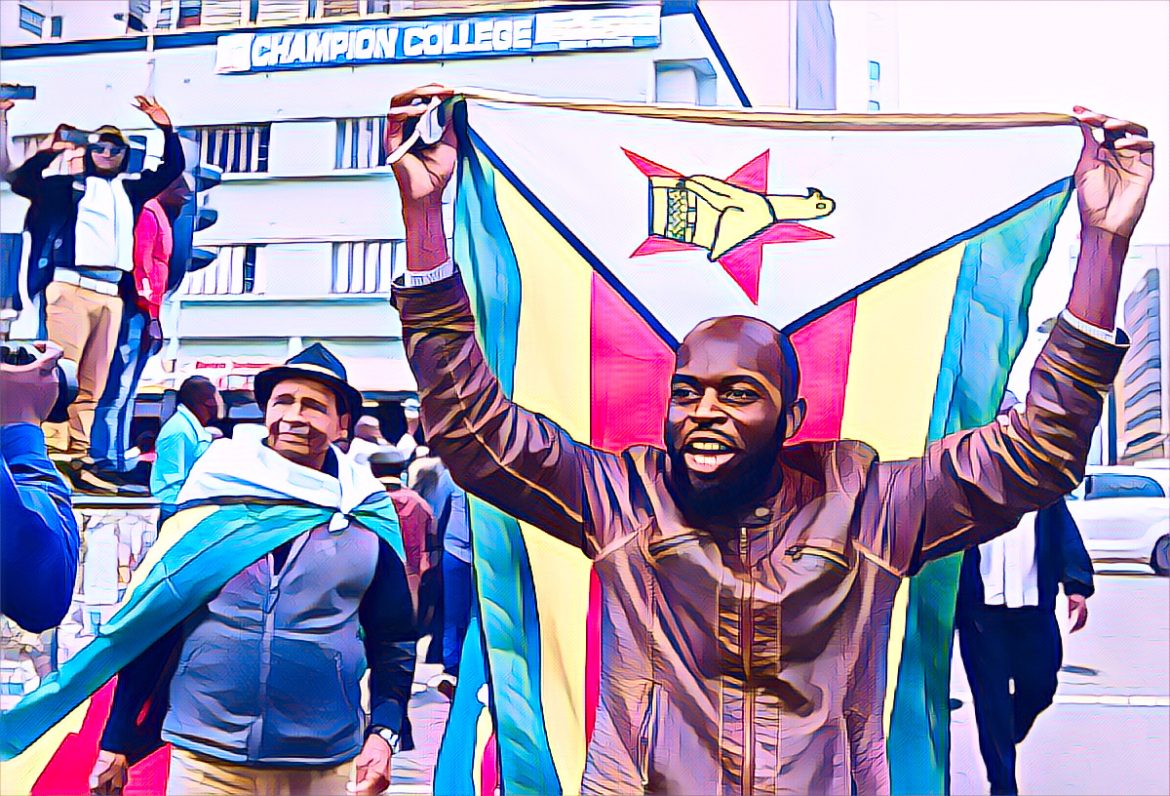KEY POINTS
- Six out of 10 Zimbabweans view elections and political violence as major threats to peace.
- About 80 percent of respondents feel “unsafe and insecure” or “very unsafe and unsettled.”
- Trust in government protection is exceptionally low, with 77.42 percent of citizens expressing distrust.
In its 2023–24 State of Peace study, ZimRights, a well-known human rights organisation in Zimbabwe, noted that six out of ten Zimbabweans believe that political violence, elections, and intimidation pose the biggest risks to national peace.
The analysis identifies alarming similarities between the problems in 2022 and 2023, with the addition of health-related difficulties and additional complications due to the drought.
The results show that political processes and violence are regarded by 60 percent of respondents as the biggest risks to peace, followed by social and economic issues like corruption at 35 percent.
The insufficiency of social services and crime constitute a serious concern, as expressed by the remaining participants.
According to the survey, a troubling sentiment exists among the public; around 80 percent of participants reported feeling “unsafe and insecure” or “very unsafe and unsettled.” Just 17 percent of respondents said they felt safe where they were.
Widespread insecurity and distrust in government protection
According to a report by Newsday, ZimRights described the level of insecurity in Zimbabweans’ daily lives.
A little over 65.52 percent of respondents said they didn’t feel physically safe, 68.82 percent said they were insecure about their finances, and 70.97 percent said they weren’t sure their land and possessions were protected.
The participants’ level of trust in governmental protection from damage is notably low, with 77.42 percent expressing distrust and only 6.99 percent expressing confidence in such protection.
The study also reveals a widely held view of prejudice in the community, with 89.19 percent of respondents believing that legal protections and treatment are not equal for all persons.
These results suggest that a pervasive state of insecurity hampers citizens’ capacity to exercise basic liberties like voting.
ZimRights challenges the persistence of political policing, the absence of meaningful security sector reforms, and the independence and impartiality of the court.
These elements undermine the people’s capacity to make independent political decisions by sustaining a climate of fear and pressure from the governing class.


